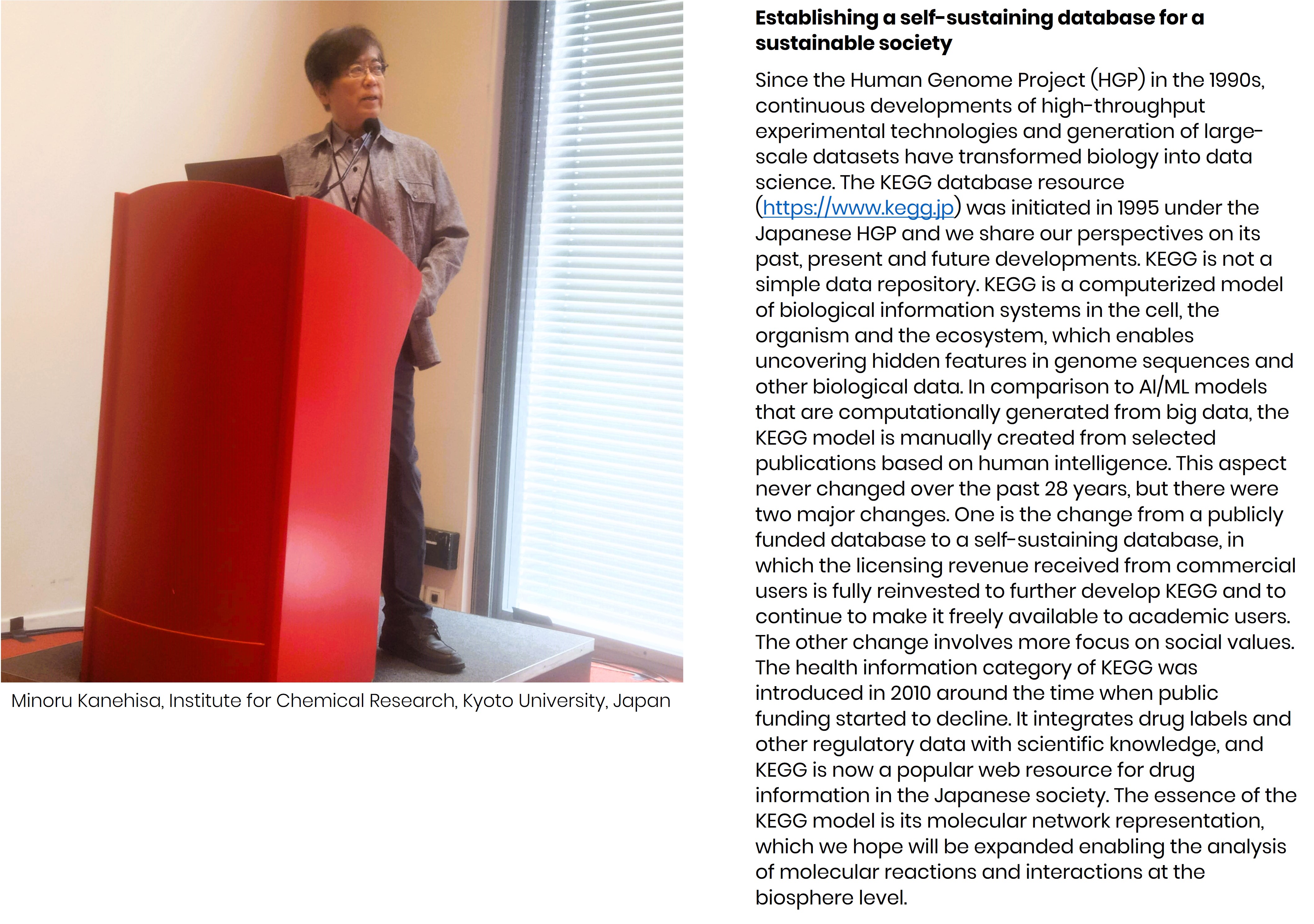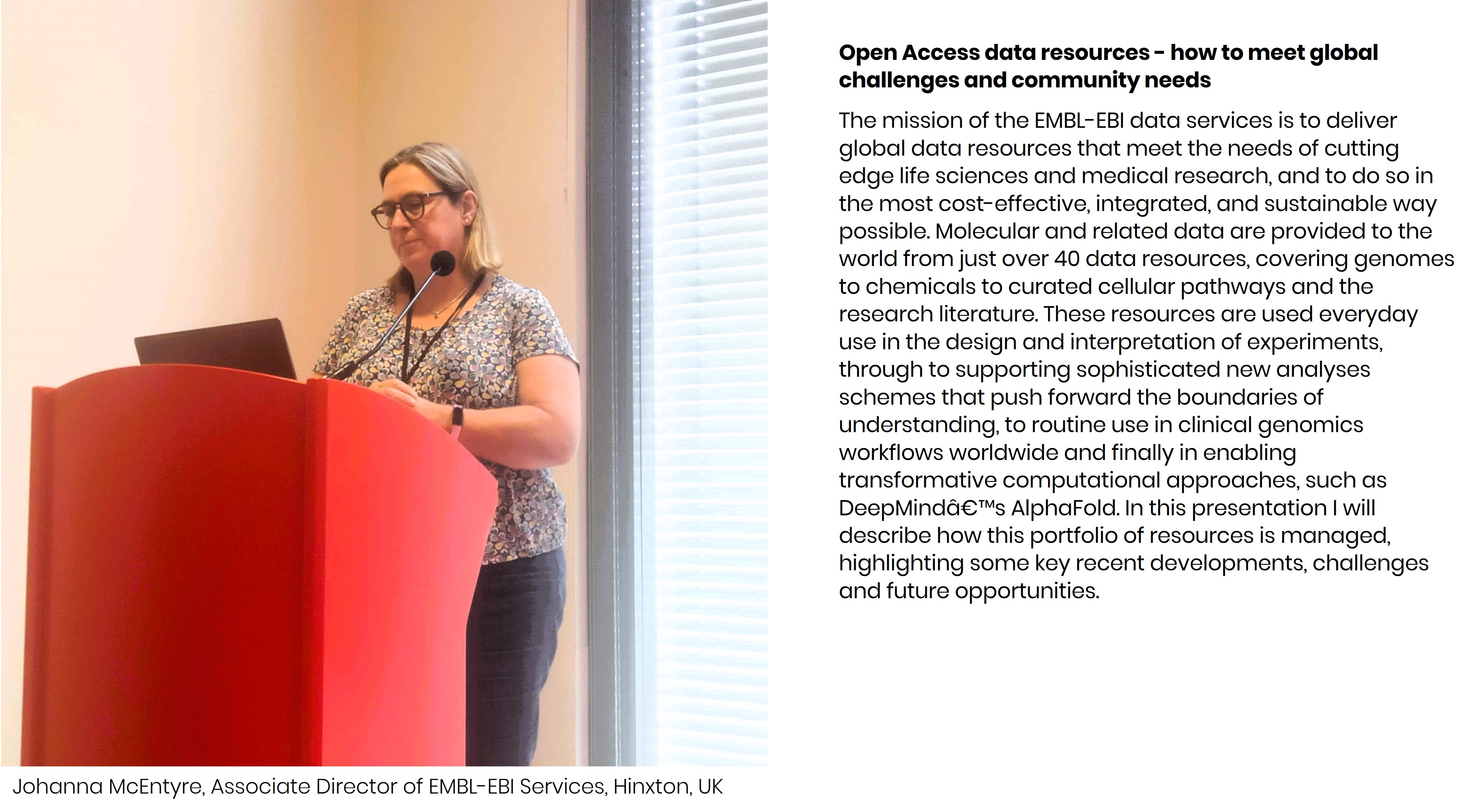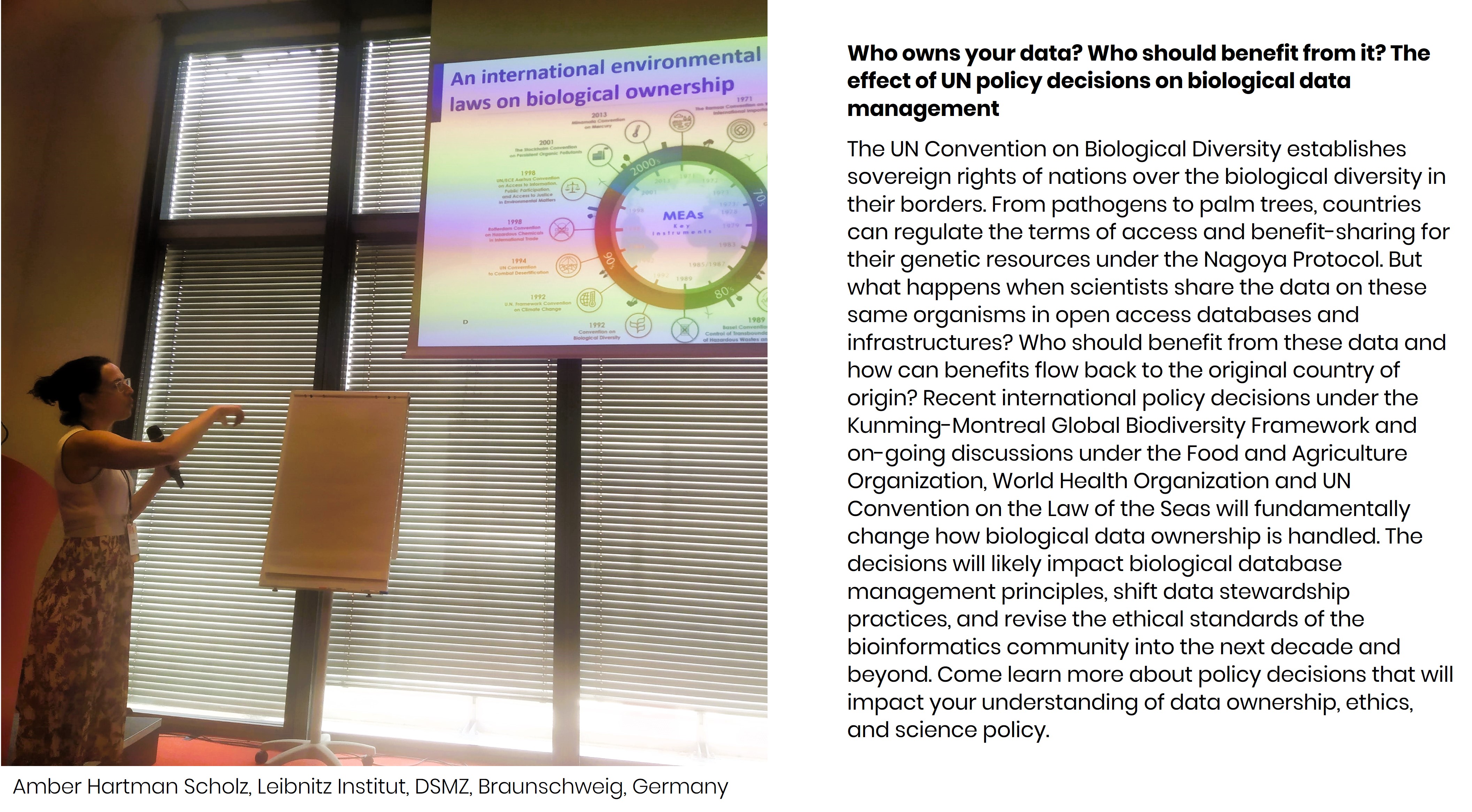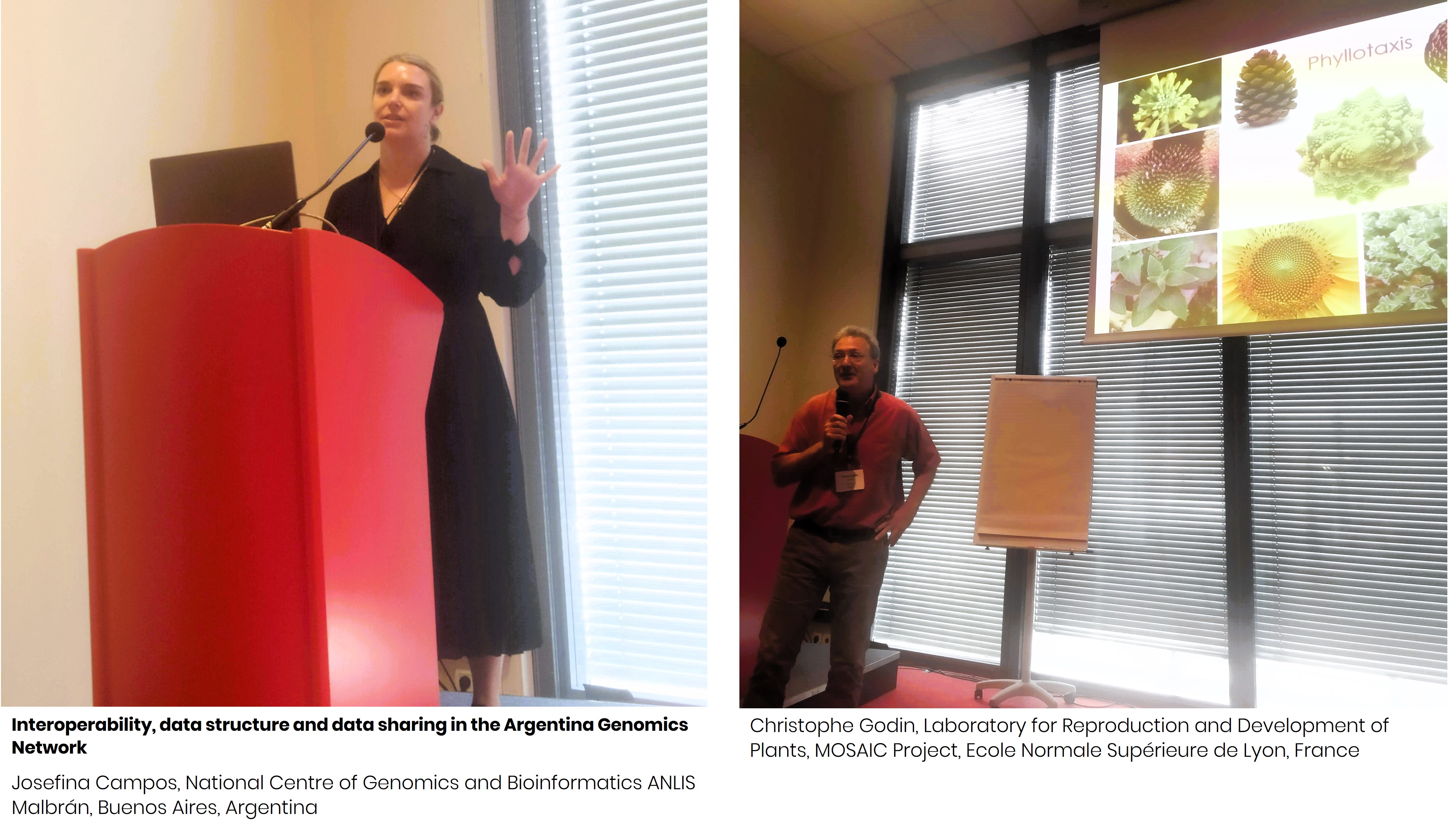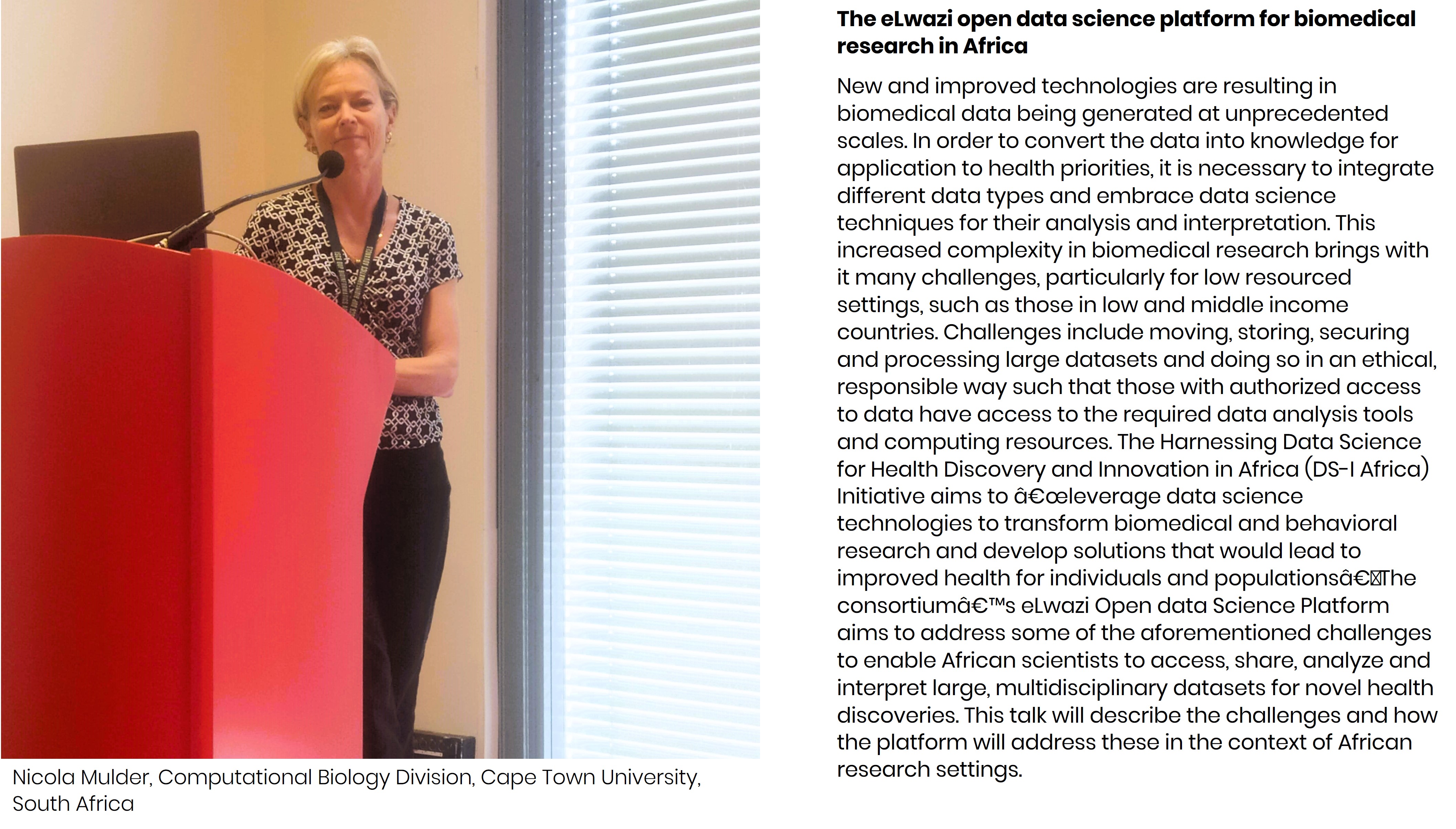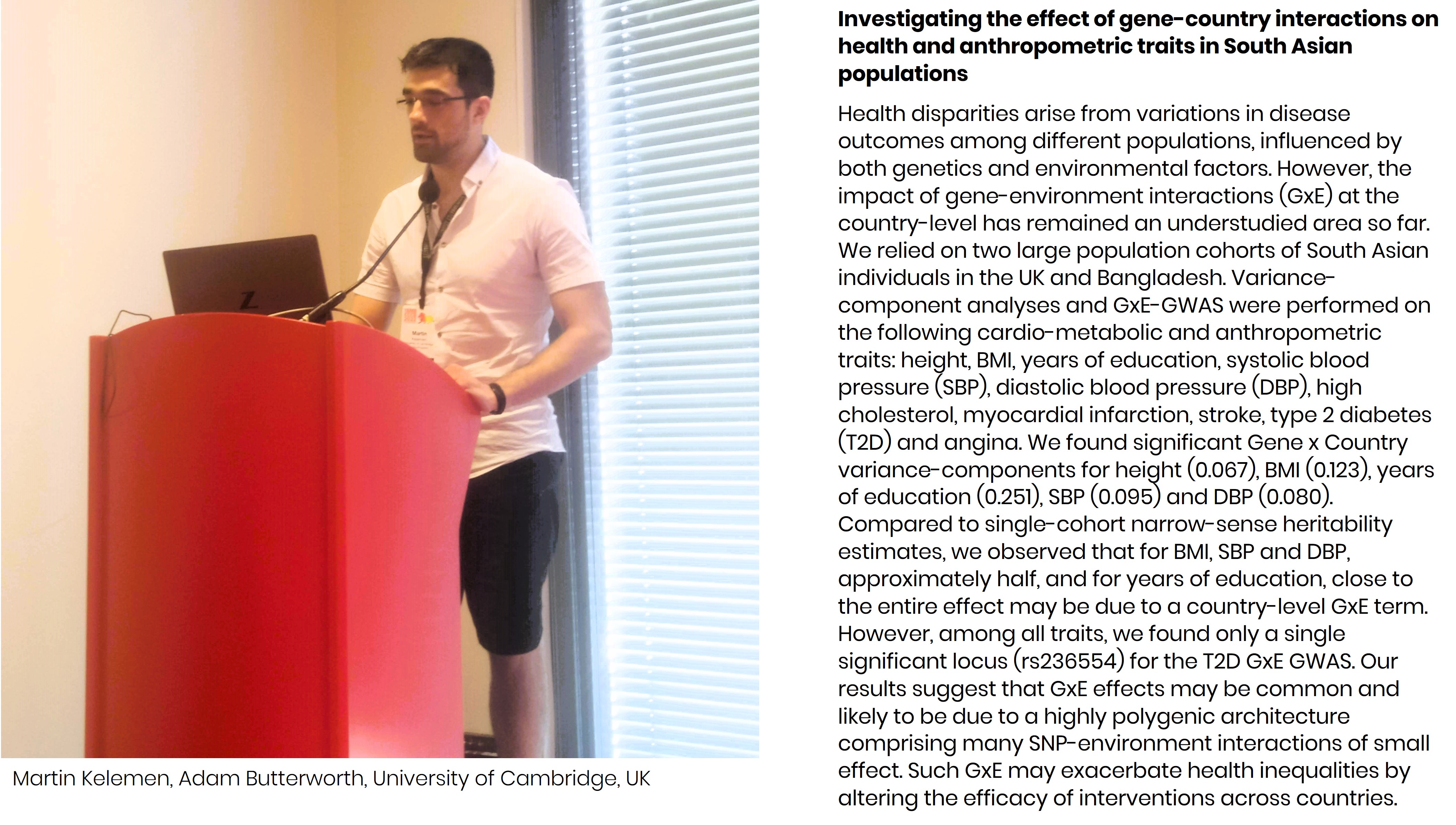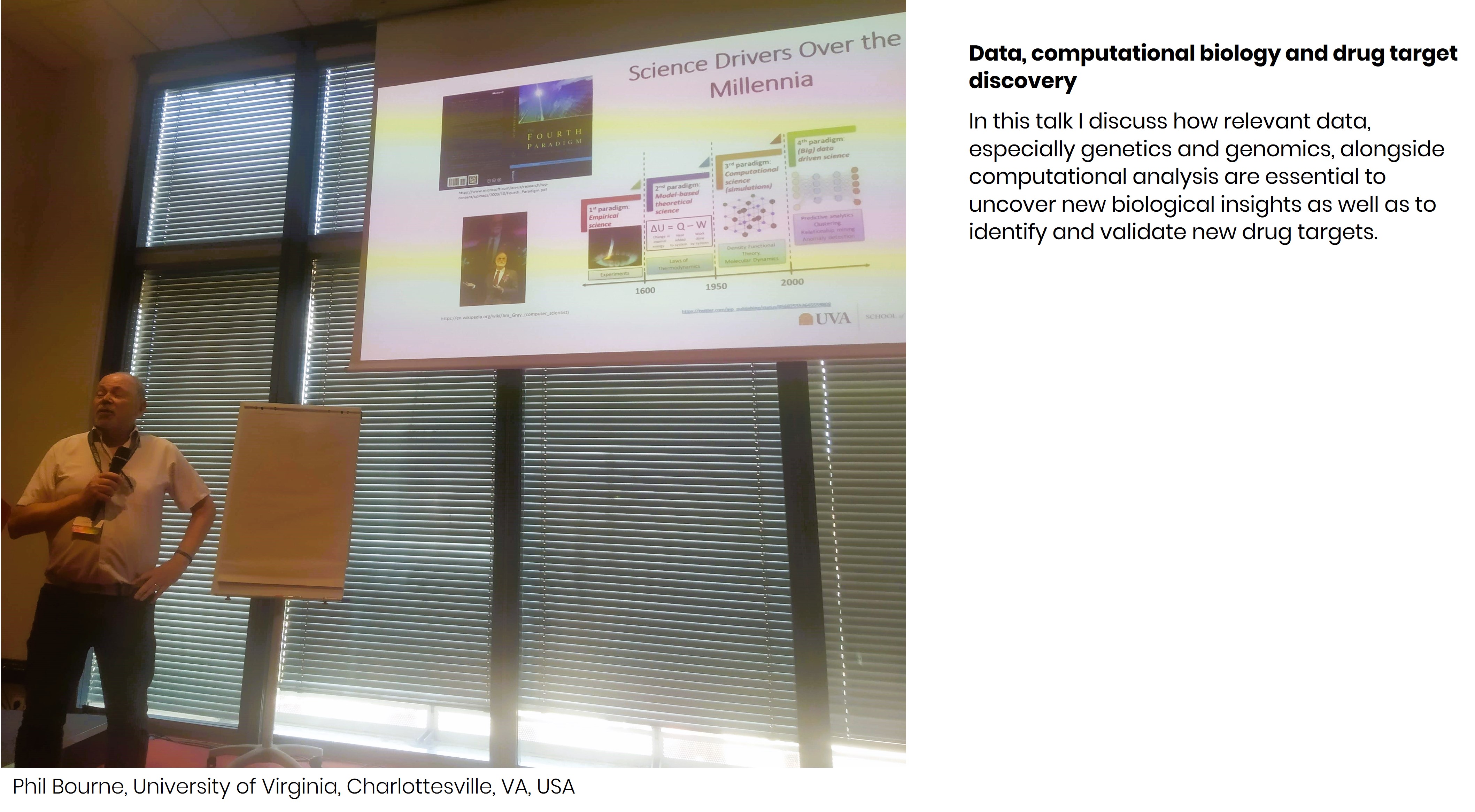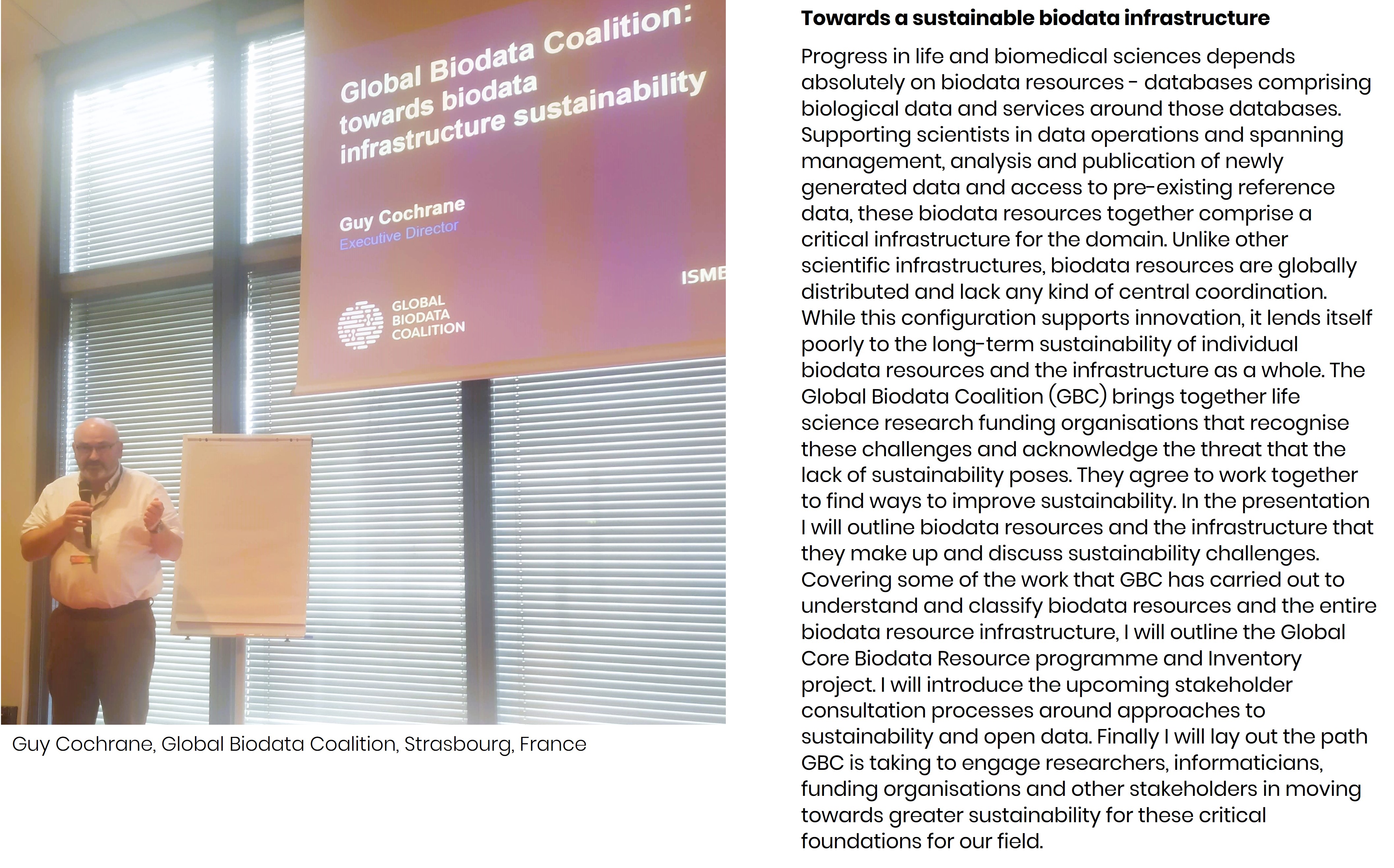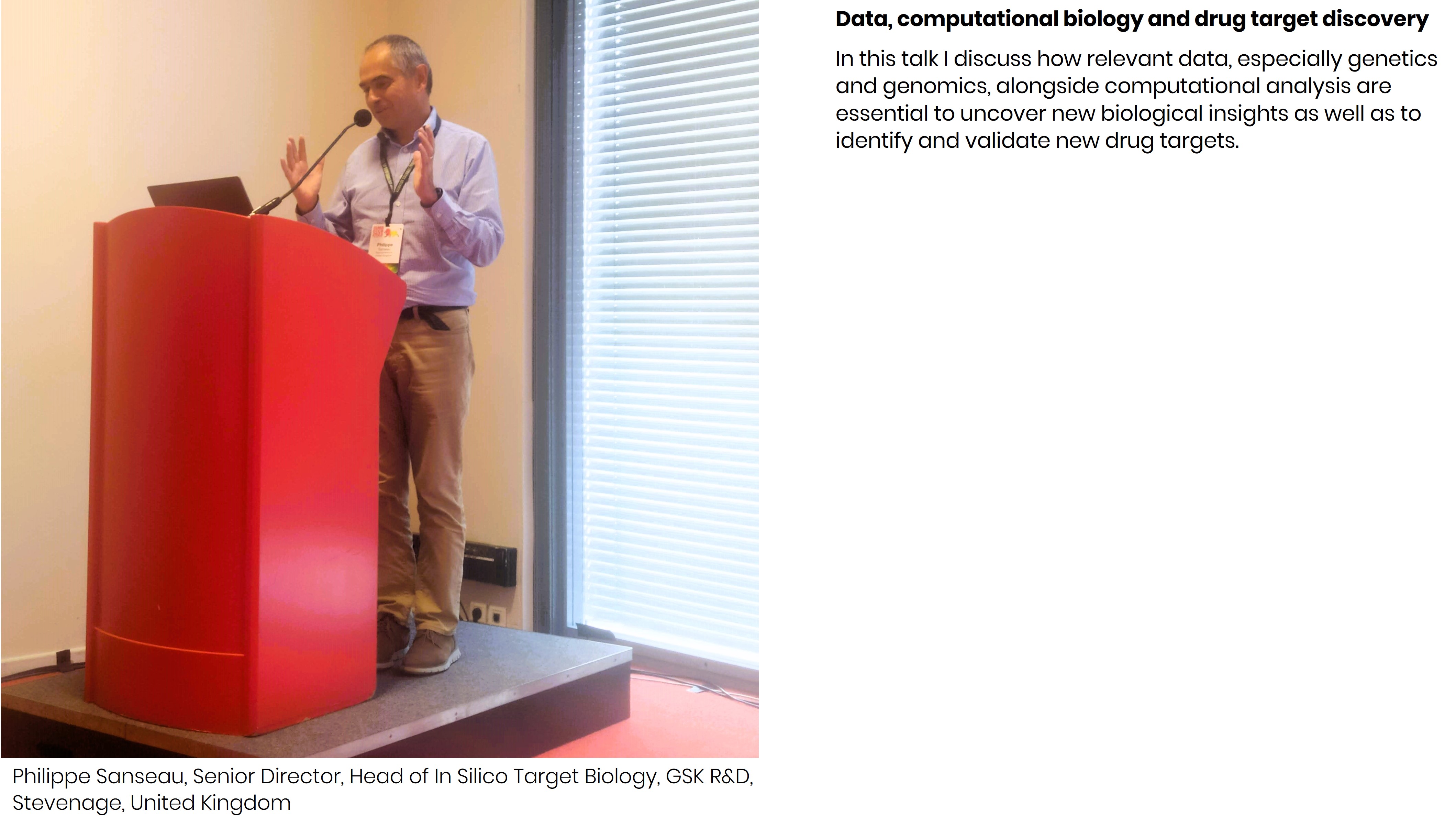In today’s research environment studying, for example, a disease in human patients using human DNA protocols is more than just traditional molecular biology benchwork. The myriad of data points requires powerful approaches for data analysis and availability of data resources that allow comparison of results for example with that of a well-established experimental model, such as a mouse, for a particular human disease. And the work does not stop there as the first analysis may demand digging even deeper into molecular or genetic control mechanisms or analyzing relevant metabolic pathways that are important for the disease under study.
High throughput technologies for sequencing and genomics are just two of many approaches that harbor the potential for innovation and hold promise for the development of the global research ecosystem but produce immense data sets that need advanced computational analysis tools. Frontier science of the future is unthinkable without continued education, development, and application of computational biology approaches. Data science using machine learning, AI technologies and advanced software applications provide the foundation for success in scientific research. Equally important are the sustained support for data resources and maintaining open access for the global scientific community and agreed ethical rules for dealing with data.
The symposium will provide insights into the many aspects of this broad topic with a historical perspective but also highlight current approaches in key areas of the life sciences.
ISMB/ECCB is the largest and most high-profile annual meeting of scientists working in computational biology and provides an intense multidisciplinary forum for disseminating the latest developments in computational tools for data-driven biological research.
During the meeting, HFSP will host a Special Session dedicated to Frontier Science with 12 presentations from HFSP Awardees. The sessions will happen in person, on Wednesday, 26 July 2023, at Salle Rhone 3a at the Centre de Congrès de Lyon, France.
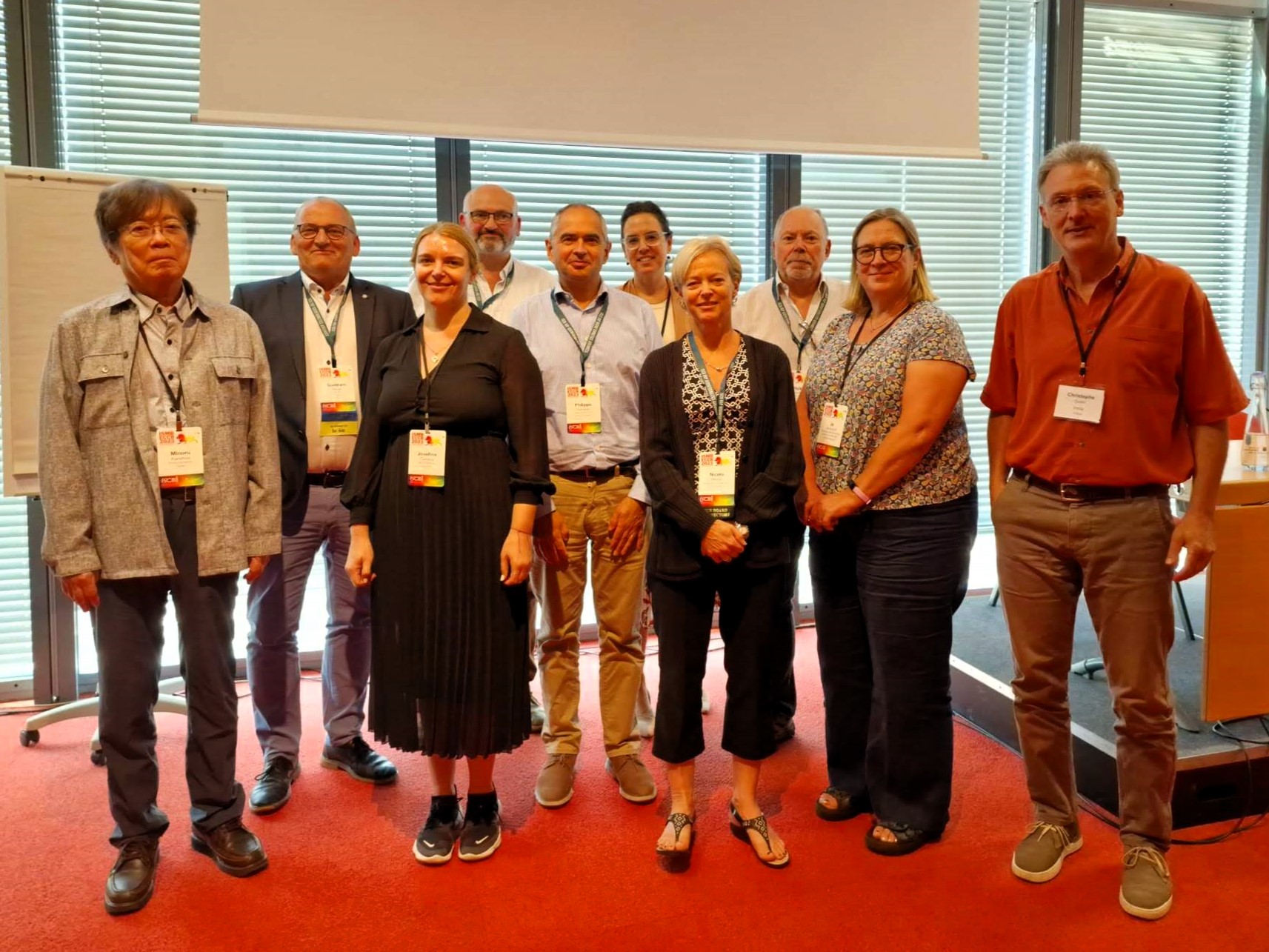
Program
Chairs: Nicola Mulder (Computational Biology Division, Cape Town University, South Africa), Josefina Campos (National Centre of Genomics and Bioinformatics ANLIS Malbrán, Buenos Aires, Argentina), Guntram Bauer (HFSP, Strasbourg, France)
Data science and Data Resources: past, present and future (10:30 am - 12:30 pm)
10.30 - 10.50 Data science and the new HFSP Strategy 2024-2032, Guntram Bauer, HFSP Strasbourg, France
10.50 – 11.50 Keynote lecture:
Establishing a self-sustaining database for a sustainable society.
Minoru Kanehisa, Institute for Chemical Research, Kyoto University, Japan
11.50 – 12.10 Equal opportunities and Open Access to data resources, Johanna McEntyre, Associate Director of EMBL-EBI Services, Hinxton, United Kingdom
12.10 – 12.30 Ethics of data science (DSI)/Nagoya protocol, Amber Hartman Scholz, Leibnitz Institut, DSMZ, Braunschweig, Germany
Data Science for Health (1:50 pm - 3:30 pm)
1.50 – 2.20 Interoperability, data structure and data sharing in the Argentina Genomics Network. Josefina Campos, National Centre of Genomics and Bioinformatics ANLIS Malbrán, Buenos Aires, Argentina
2.20 – 2.50 AI-driven drug repurposing and binding pose meta dynamics identifies novel targets for monkeypox virus. Halima Bensmail, Qatar computing research institute, Hamad Bin Khalifa University, Qatar
2.50 – 3.10 The eLwazi open data science platform for biomedical research in Africa. Nicola Mulder, Computational Biology Division, Cape Town University, South Africa
3.10 – 3.30 Investigating the effect of gene-country interactions on health and anthropometric traits in South Asian populations. Martin Kelemen, Adam Butterworth, University of Cambridge, United Kingdom
Other Applications in Data Science (4.00 pm - 6:00 pm)
4.00 – 4.50 Keynote lecture:
Biomedical Data Science: We Are Not Alone.
Phil Bourne, University of Virginia, Charlottesville, VA, United States of America
4.50 – 5.10 Towards a sustainable biodata infrastructure, Guy Cochrane, Global Biodata Coalition, Strasbourg, France
5.10 – 5.30 Christophe Godin, Laboratory for Reproduction and Development of Plants, MOSAIC Project, Ecole Normale Supérieure de Lyon, France
5.30 – 6.00 Philippe Sanseau, Senior Director, Head of In Silico Target Biology, GSK R&D, Stevenage, United Kingdom
Sessions
